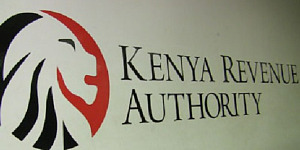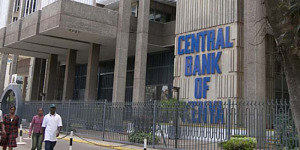Banks will soon be able to borrow from each other using government debt securities as collateral in reforms aimed at boosting liquidity in the industry while freeing the Central Bank of Kenya (CBK) from frequent bailing out of cash-starved institutions.
The use of Treasury bonds and bills as security has had minimal success, mainly due to the fact that the ownership of the assets remains with the borrower.
This makes it difficult and protracted for creditors to recover their funds in case of default. The key change in the ongoing reforms is for a borrowing bank to surrender ownership of the securities to the lending institution, which will hold the assets until the loan is settled.
Anthony Musila, East Africa treasurer at Absa Bank Kenya, said the move would provide more certainty to lenders and encourage lending across the industry in what are technically known as horizontal repo transactions.
“The first phase is going to be to allow commercial banks to borrow from each other using government securities,” Mr Musila said.
“What’s going to change now is that they have found a way of making sure that the title to the security that the bank is using will pass to the lender. The lender will stay with the security until the debt is settled while the borrower gets the cash."
He added that banks are currently signing master repurchase agreements with a December 31, 2022 deadline, meaning that use of the fixed income securities for borrowing could begin immediately thereafter.
The horizontal repo transactions are designed to facilitate short-term borrowing ranging from one to six months. Mr Musila said there are plans to expand the model to allow bank customers to also use their holdings of treasuries as collateral for bank loans.
“Horizontal repo transactions have not been implemented because the title to the security was not passed to the lender,” Mr Musila said.
“It remained with the borrower and as a result, if the borrower went under then you would find that in as much as they have a repo in place, the lender will still be told to join the queue and wait to recover his money.”
Small banks are expected to be the biggest beneficiary of the reforms, which are currently being tested.
Recent bank failures and distress concentrated among small to medium-sized institutions have seen them shunned by the major banks, forcing them to rely on the CBK for access to liquidity.
Implementation of the horizontal repos will guarantee the recovery of creditors’ funds, encouraging lending among banks regardless of size.
Big banks currently borrow from each other without collateral, confident in their balance sheets and potential to access additional funds from their shareholders.







































